29.03.2024
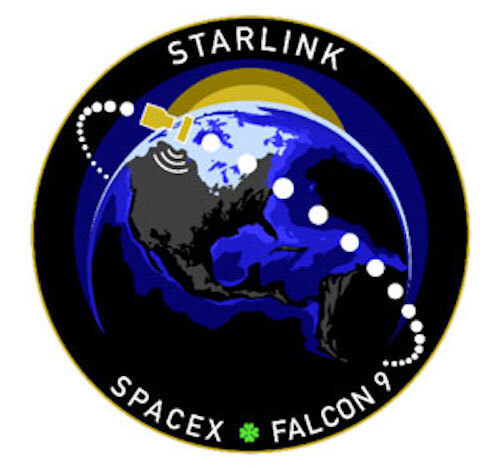
SpaceX launching 22 Starlink satellites from California tonight
Liftoff is now scheduled for no earlier than 10:30 p.m. ET Friday (March 29).
SpaceX has reset the launch of another batch of its Starlink internet satellites to no sooner than Friday evening (March 29).
A Falcon 9 rocket carrying 22 Starlink spacecraft was set to lift off from Vandenberg Space Force Base in California on Thursday (March 28), but the company called off the attempt before beginning to fuel the vehicle. SpaceX is now targeting to earlier than Friday at 10:30 p.m. EDT (7:30 p.m. Pacific time or 0230 GMT on March 30).
When the launch occurs, you can watch it live via SpaceX's account on X. Coverage will begin about five minutes before the liftoff.
If all goes according to plan, the Falcon 9's first stage will come back to Earth for a vertical touchdown about 8.5 minutes after launch. That landing will occur on the deck of the drone ship Of Course I Still Love You, which will be stationed in the Pacific Ocean.
It will be the 15th launch and landing for this particular booster, according to a SpaceX mission description.
The Falcon 9's upper stage will continue hauling the 22 Starlink satellites toward low Earth orbit (LEO), where they will be deployed about 62 minutes after liftoff.
The rescheduled launch will be the 30th Falcon 9 flight of 2024, and the 20th dedicated to building out the Starlink megaconstellation. To date, SpaceX has lofted 6,077 Starlink satellites, 5,610 of which are currently operational, according to astrophysicist and satellite tracker Jonathan McDowell.
Quelle: SC
----
Update: 31.03.2024
.
On Saturday, March 30 at 9:30 p.m. ET, Falcon 9 launched 23 Starlink satellites to low-Earth orbit from Space Launch Complex 40 (SLC-40) at Cape Canaveral Space Force Station in Florida.
This was the 18th flight for the first stage booster supporting this mission, which previously launched CRS-22, Crew-3, Turksat 5B, Crew-4, CRS-25, Eutelsat HOTBIRD 13G, mPOWER-a, PSN SATRIA, Telkomsat Merah Putih 2 and now nine Starlink missions.
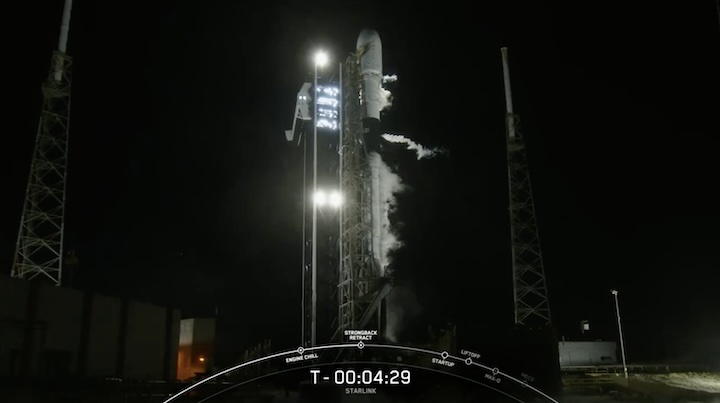
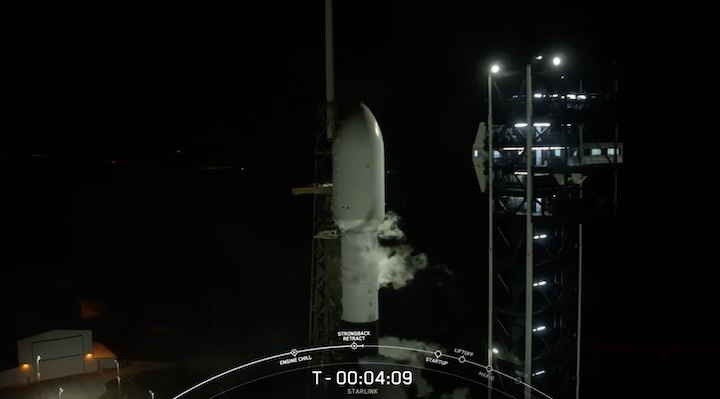
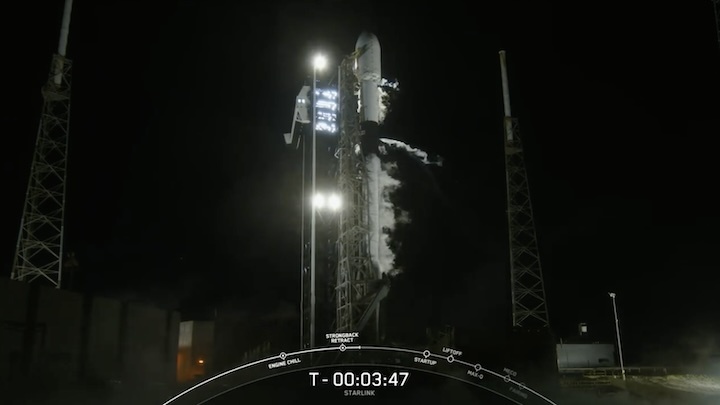
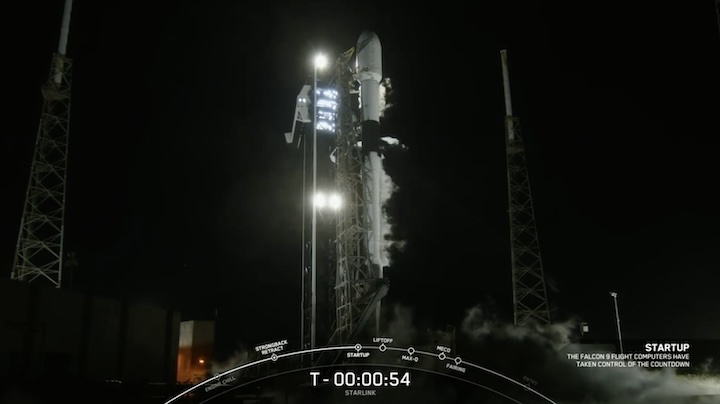
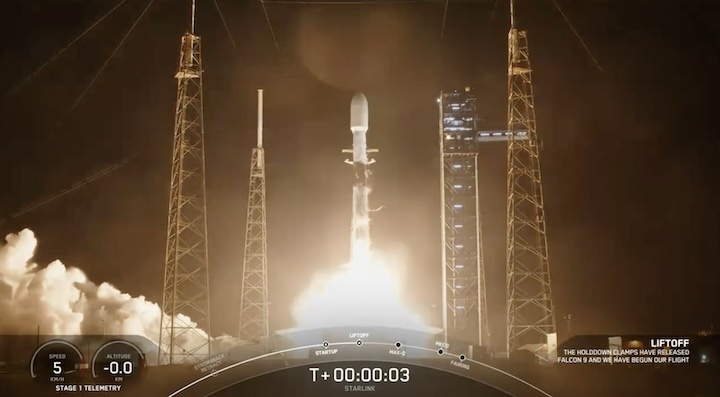
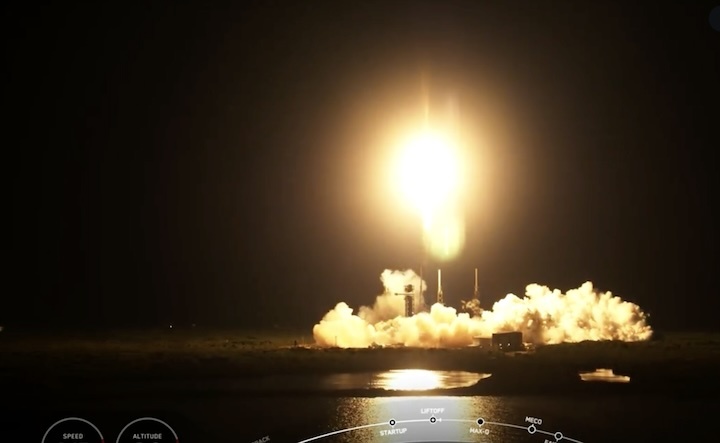
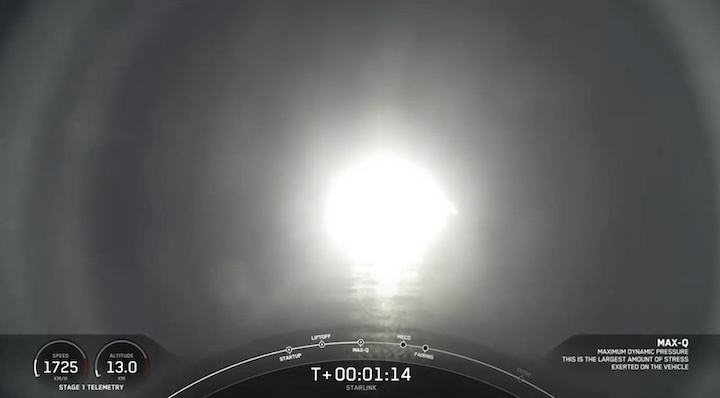
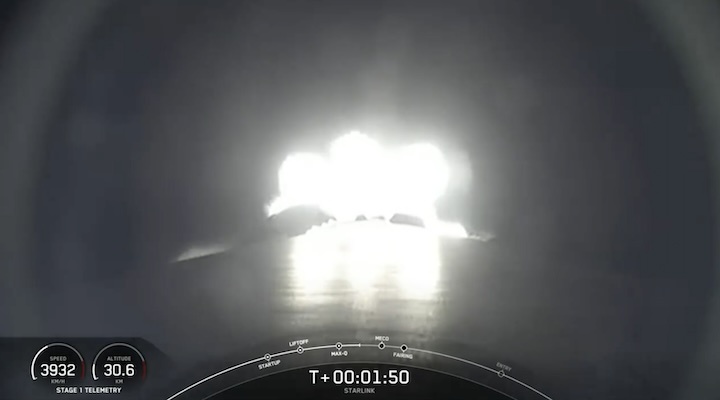
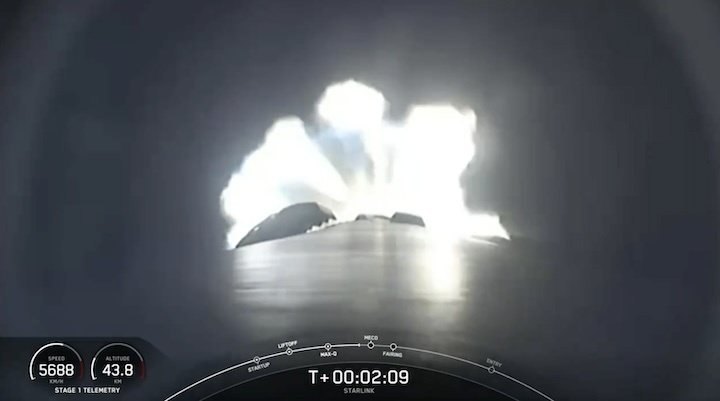
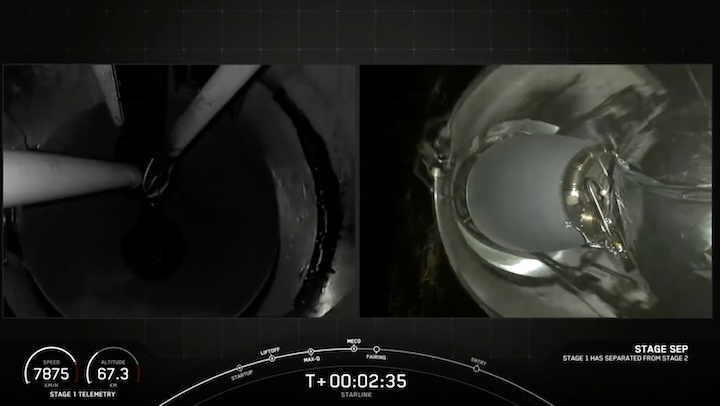
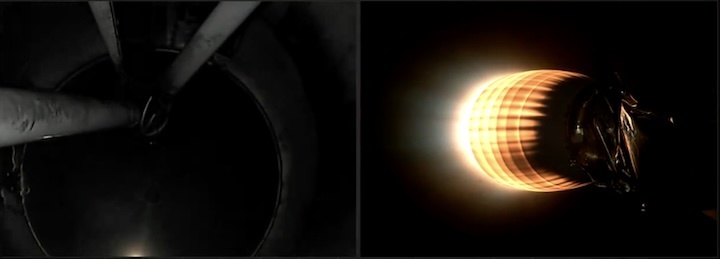
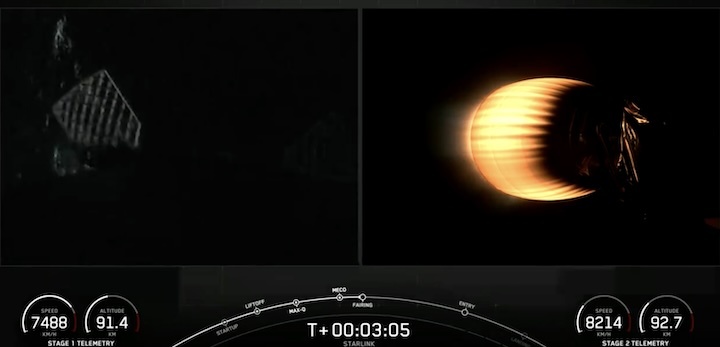
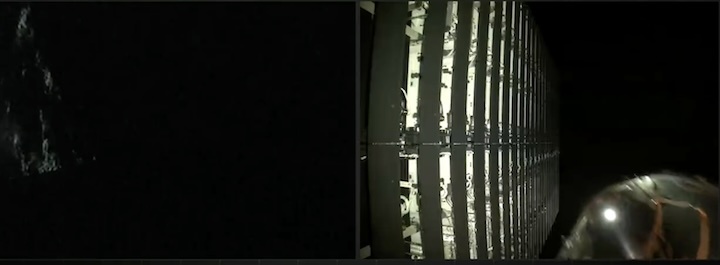
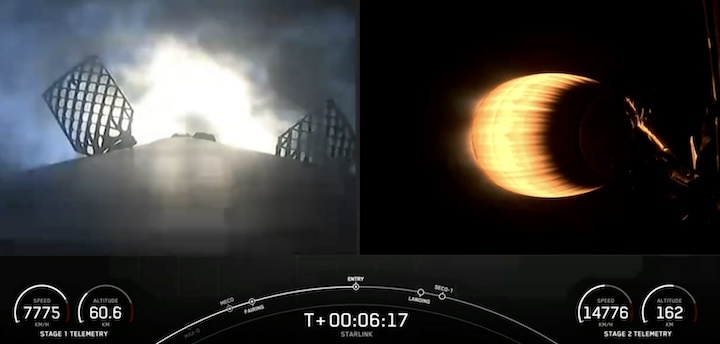
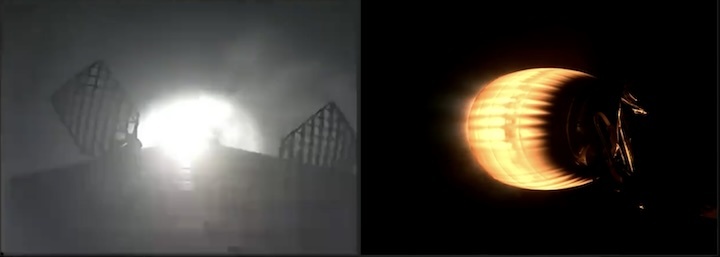
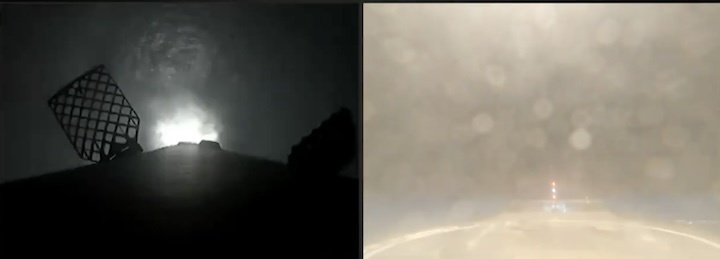
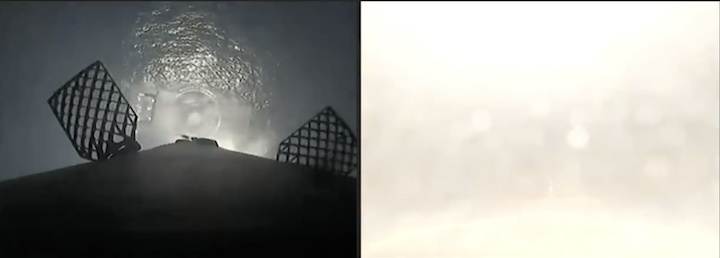
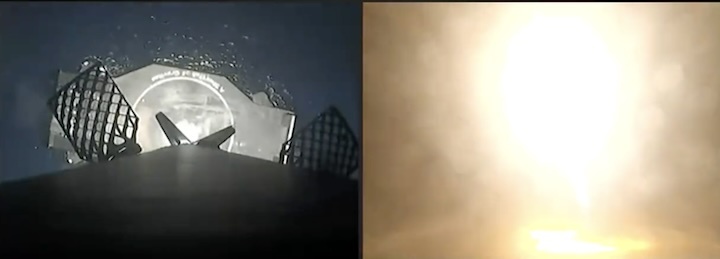
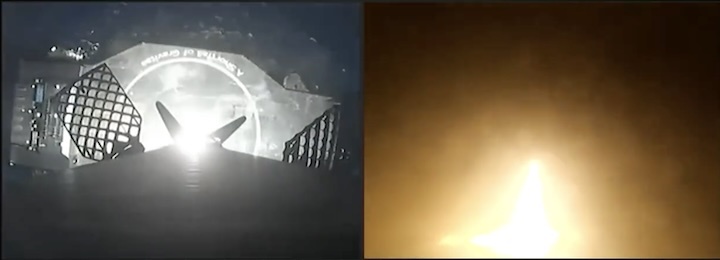

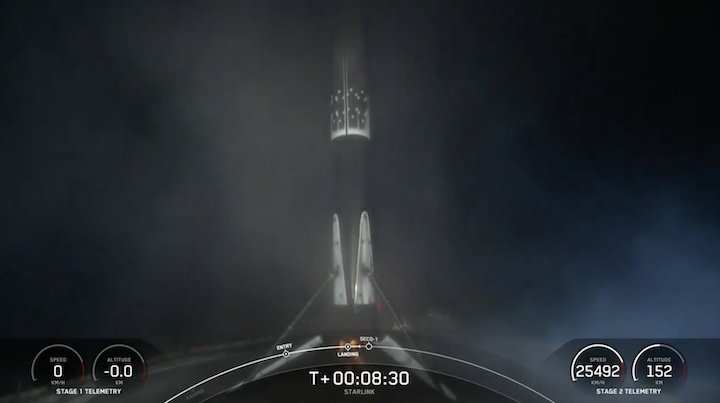
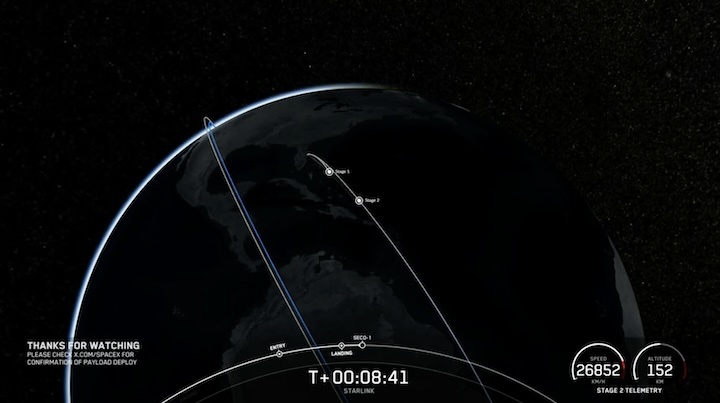
Quelle: SpaceX
